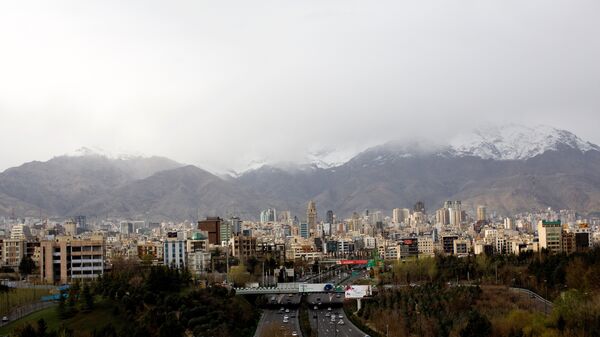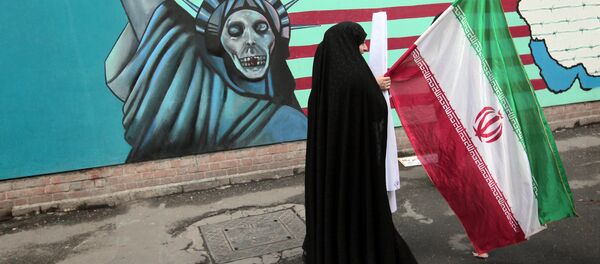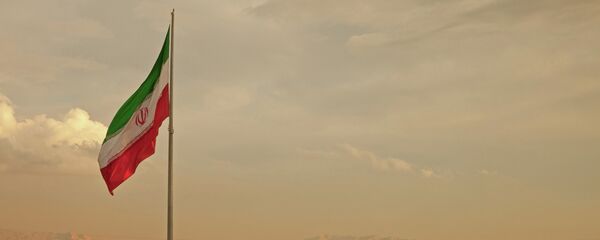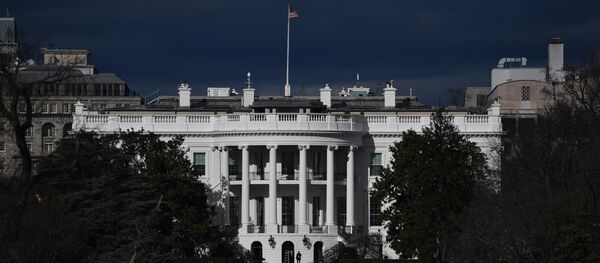Separately, the State Department sanctioned on Tuesday two Iranian organizations said to be involved in the country’s ballistic missile program.
Same Goals, Changing Tactics
Soraya Sepahpour-Ulrich, an independent researcher and writer, political commentator and expert on Iran, told Sputnik that under different administrations and geopolitical circumstances US policy toward Iran has not changed since 2004 and Washington’s main goal is to change the existing government for a US-loyal one.
"It is very important to emphasize that the non-nuclear sanctions and ‘terrorism’ related sanctions started with Obama. US foreign policy is continuous, only tactics change. And the goal has always been to install a Washington-friendly government in Iran," Sepahpour-Ulrich said, adding that the US continuous sanctions policy is not aimed at increasing the allegedly disputed compliance of Tehran with the nuclear agreement.
"The Americans have repeatedly violated the agreement. [US President Donald] Trump has asked foreign leaders for their countries not to do trade with Iran and that is in direct violation of the agreement with JCPOA… I believe there will be new sanctions against Iran, which will again violate the spirit as well as the text of the nuclear agreement, but they won’t succeed, while only further hurting the US itself," Marandi said.
According to Marandi, since the inauguration of Trump, Washington has implemented policies which fueled tensions in different parts of the world, and the hostility toward Iran has also increased.
"In the past few months, the Trump regime has increased some of the conflicts with even the European Union, with Mexico, with Australia, with China. Trump has been successful in alienating the US government. That is hurting the US government more than anyone else. Ever since Trump came to power, the United States has become more explicitly hostile towards Iran and US violations of the agreement has become showing greater impunity in the manner in which they are violating the nuclear agreement," the expert added.
Sepahpour-Ulrich on her part considers that besides the political system of Iran, the United States also tries to affect the military capabilities of the Islamic Republic, and "these plans had been in effect since 2004, if not prior."
When asked about Syria, both experts expressed the view that it is the United States and its allies who support extremism and trigger instability in the region.
"It’s not Iran that has been supporting terrorism for the US to impose sanctions on Iran; it is the United States and its allies that have been supporting extremism and terrorism in the region. The Americans don’t want the settlement in the country, whereas the Iranians and the Russians do want the peaceful resolution to the crisis in Syria," Marandi said.
Trump's tough stance on Iran, however, differs from the position held by his predecessor Barack Obama, who actively promoted signing the deal. Trump believes that the Iranian nuclear deal has been ineffective and, therefore, must be revised.




